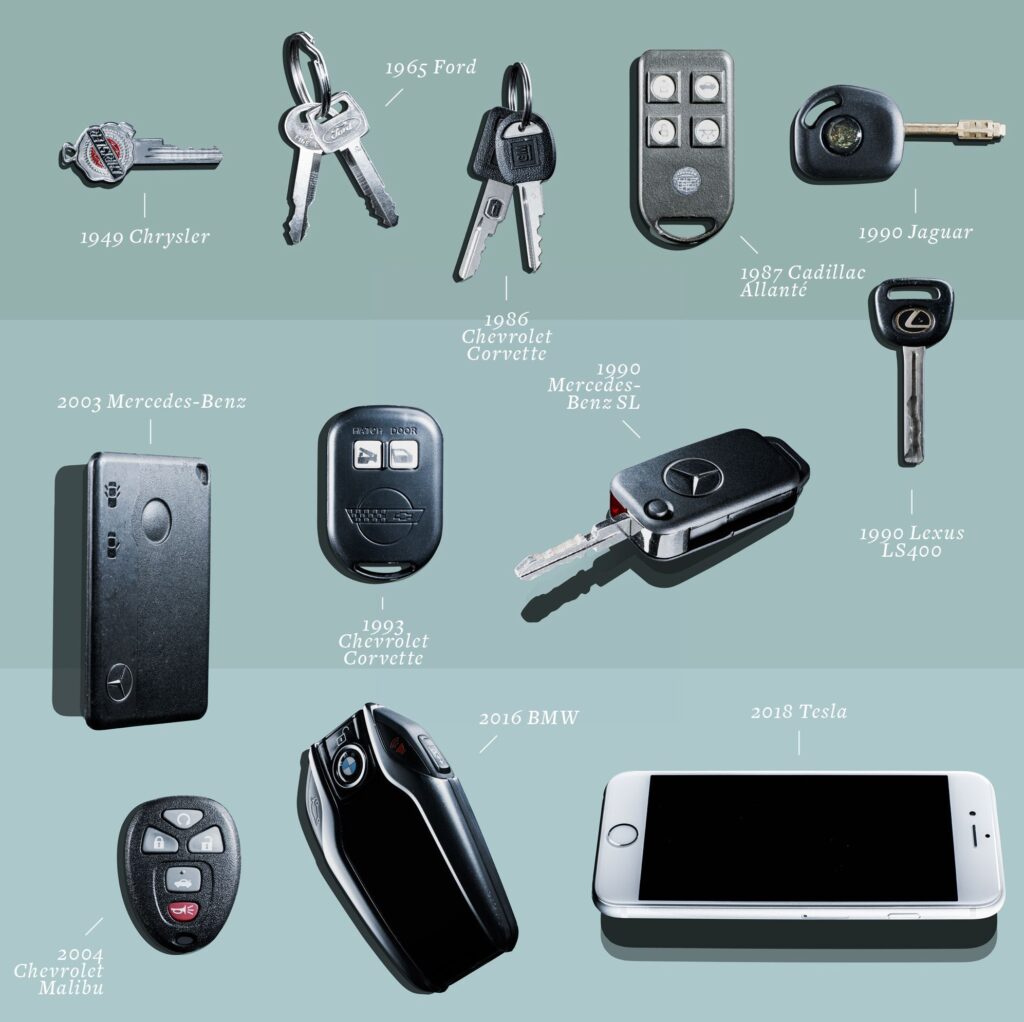Have you ever wondered if a car key from one model could work in another, perhaps saving you a trip to the dealership? While it might seem logical that some keys could be universal, the reality is more complex. Car keys are designed with intricate security features to prevent unauthorized access and ensure your vehicle’s safety. This article will delve into the world of car keys, exploring why different models typically have unique keys and the factors influencing their design.
This article will examine the reasons behind car key uniqueness, focusing on transponder chips and remote functionality as key differentiators. We’ll also discuss how manufacturers sometimes introduce variations within their own model lines and explore the limitations of key interchangeability.
Car Key Uniqueness
At its core, a car key is more than just a simple tool to unlock your vehicle. It serves as a sophisticated security system, preventing unauthorized access and protecting your car from theft. This inherent need for security is why different car models generally have unique keys. Each key is specifically programmed to interact with the unique immobilizer system in its corresponding vehicle.
This means that even if two cars appear visually similar, their internal security systems might be vastly different, rendering a key from one model incompatible with the other. Think of it like a personalized digital fingerprint – each car has its own unique code, and only the matching key can unlock it. This level of security is crucial in today’s world, where vehicle theft remains a significant concern.
Transponder Chips
A critical component contributing to car key uniqueness is the transponder chip embedded within the key itself. This tiny microchip contains a unique identification number that communicates with the vehicle’s immobilizer system when the key is inserted or turned. The immobilizer then verifies the code, ensuring only authorized keys can start the engine.
The transponder chip acts as a digital handshake between the key and the car, preventing unauthorized individuals from simply hotwiring the vehicle. If a stolen key lacks the correct code, the immobilizer system will prevent the engine from starting, effectively rendering the car inoperable. This sophisticated security measure significantly reduces the risk of theft by making it much more difficult for criminals to bypass the vehicle’s ignition system.
Remote Functionality
Beyond unlocking and starting the engine, many modern car keys incorporate remote functionality, allowing drivers to control various aspects of their vehicles from a distance. These features can include locking and unlocking doors, opening the trunk, and even starting the engine remotely.
However, these remote functionalities are often tied to specific vehicle models and manufacturers. The frequencies used for communication between the key fob and the car vary, and the programming within each key is tailored to its corresponding vehicle’s systems. This means that a key fob designed for one car model might not be compatible with another, even if they share similar features.
Frequency Variations
One crucial aspect influencing remote functionality compatibility is the frequency used for communication between the key fob and the vehicle. Different manufacturers may utilize different frequencies, making it impossible for a key fob operating on one frequency to communicate with a car designed for a different frequency. This ensures that only authorized keys can control specific vehicles, preventing unauthorized access and potential misuse of remote functionalities.
Manufacturer Variations
While some manufacturers might share similar key designs across their model lines, variations in transponder chips and remote functionality often prevent complete interchangeability. For example, a key from a compact car within a particular brand might not work with a larger SUV from the same manufacturer due to differences in immobilizer systems or remote control protocols.
These variations are often implemented to enhance security and cater to specific model requirements. A luxury sedan might have more sophisticated security features and remote functionalities compared to a basic economy car, necessitating unique keys tailored to those advanced systems.
Key Interchangeability
In most cases, do same model cars have the same key? The answer is generally no. Car keys are designed with specific security features that make them unique to each vehicle model. While some manufacturers might offer limited interchangeability within their own model lines, it’s crucial to remember that attempting to use a key from one car on another can potentially damage your vehicle’s ignition system or immobilizer.
Always consult your vehicle’s owner’s manual or contact an authorized dealership for information regarding compatible keys and replacement options.
Conclusion
The world of car keys is far more intricate than it might initially appear. While the desire for universal keys might seem appealing, the need for robust security measures necessitates unique keys tailored to each vehicle model. Transponder chips and remote functionalities play crucial roles in ensuring your car’s safety and preventing unauthorized access. Understanding these factors can help you appreciate the complexity behind seemingly simple car keys and make informed decisions regarding key replacements or compatibility inquiries.



